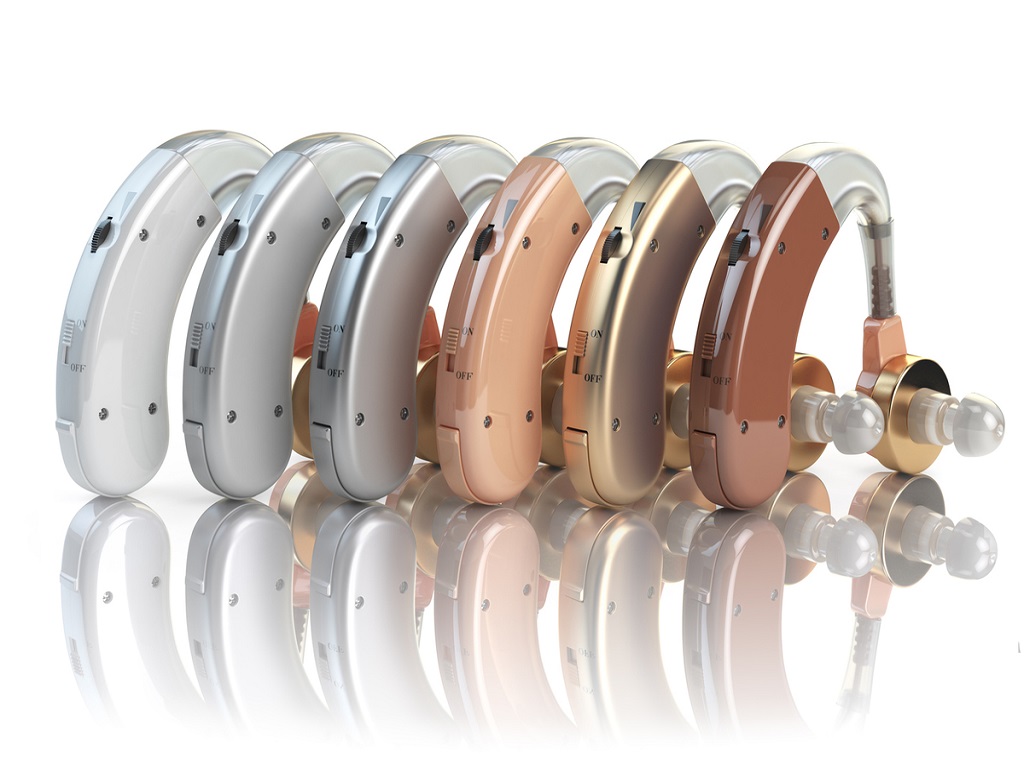Hearing aids work by amplifying soft sounds and making them louder. This can help a person hear better in most situations. That’s why choosing the best hearing aid is important. It’s essential to know all options to make a completely informed choice. There are many considerations to make, from the type of hearing loss to the budget and more. This guide breaks down everything one needs to know about hearing aids.
Hearing Aids: Definition
Hearing aids are tiny electronic devices that are customized to address specific hearing needs. They’re designed to fit all shapes and sizes of ears, with programmable options to address different hearing loss types. A tiny microphone picks up sound, which is then amplified by a computer chip and sent to a thin wire that gently directs the sound into the ear canal. The wires are flexible, so they stay comfortably in the ear.
How Do Hearing Aids Work?
Most of the causes of sensorineural hearing loss begin with damage to the tiny hairs of the inner ear that pick up sound and send signals to the brain. Hearing aids work by picking up sound waves with a microphone, amplifying this sound through a programmable processor, and delivering the amplified sound to the ear through a micro-speaker.
While hearing aids are most often associated with people who suffer from moderate to severe hearing loss, they can also be helpful for those with mild hearing loss.
How to Purchase Hearing Aids
One can purchase hearing aids at their local hearing and audiology clinic. Hearing aids are not sold over-the-counter in stores. The audiologist can help one understand selection criteria, costs, rentals, warranties, payment plans, insurance coverage/carrier recommendations, service options before they make a decision.
Hearing Aid Manufacturers
Hearing aids are made by hearing aid manufacturers, who are responsible for the design and manufacturing of these devices. Each manufacturer has its own focus or niche within the hearing device industry. Some manufacturers may focus on affordability while others focus on cutting-edge technology. If price is a pain point, make sure to contact an audiologist who offers devices from multiple manufacturers to give the best options.
Hearing care professionals must be familiar with multiple manufacturers’ products and have the supplies and software they need to successfully fit their devices. Product availability differs by product lines; not all features are available on all products.







